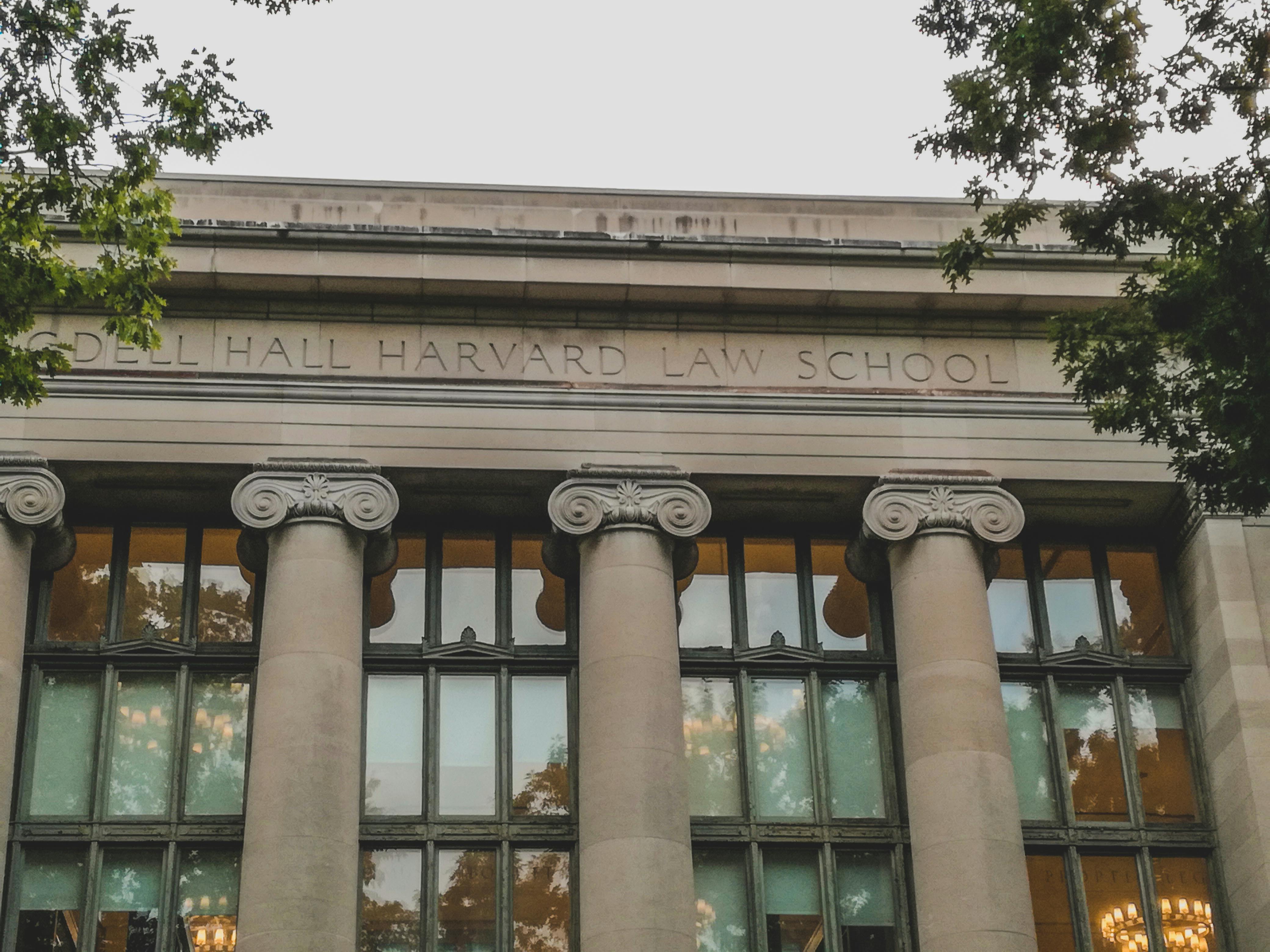
Harvard-Trump Visa Dispute Poses $180 Million Economic Risk to Boston, Analysis Shows
A mounting legal and political battle between Harvard University and the Trump administration over international student enrollment could have sweeping economic consequences for the Greater Boston area, according to a new analysis. The university hosts over 6,000 international students, representing 27% of its total enrollment for the 2024–25 academic year.
International students at Harvard contribute an estimated $180 million annually to the local economy, primarily through student spending, according to data from Implan, an economic software and analysis firm.

Harvard campus service truck | Source: Pexels
“Because Harvard has a very high international student population, it’s going to have more of that impact,” said Implan economist Bjorn Markeson. “The economy is a network structure, so dollars flow through. They don’t just stay in one place — and when something hits Boston, it affects New England as a whole.”
Nationwide, international students added $43.8 billion to the U.S. economy in the 2023–24 academic year, with Massachusetts alone accounting for nearly $4 billion and supporting more than 35,000 jobs, according to the Association of International Educators (NAFSA).
The dispute intensified after Harvard declined in April to comply with a set of demands from the Trump administration’s Task Force to Combat Anti-Semitism. In May, President Donald Trump attempted to ban the university from enrolling international students. However, U.S. District Judge Allison Burroughs issued a temporary restraining order to block the move until June 20.

Building in the Harvard University campus | Source: Pexels
Harvard President Alan Garber stated that contingency plans are underway to ensure international students can continue their academic pursuits.
Foreign students not only enhance campus diversity but are also a vital revenue stream. “They typically pay full tuition,” noted Princeton Review editor-in-chief Robert Franek, “which makes international enrollment an important source of revenue.”
